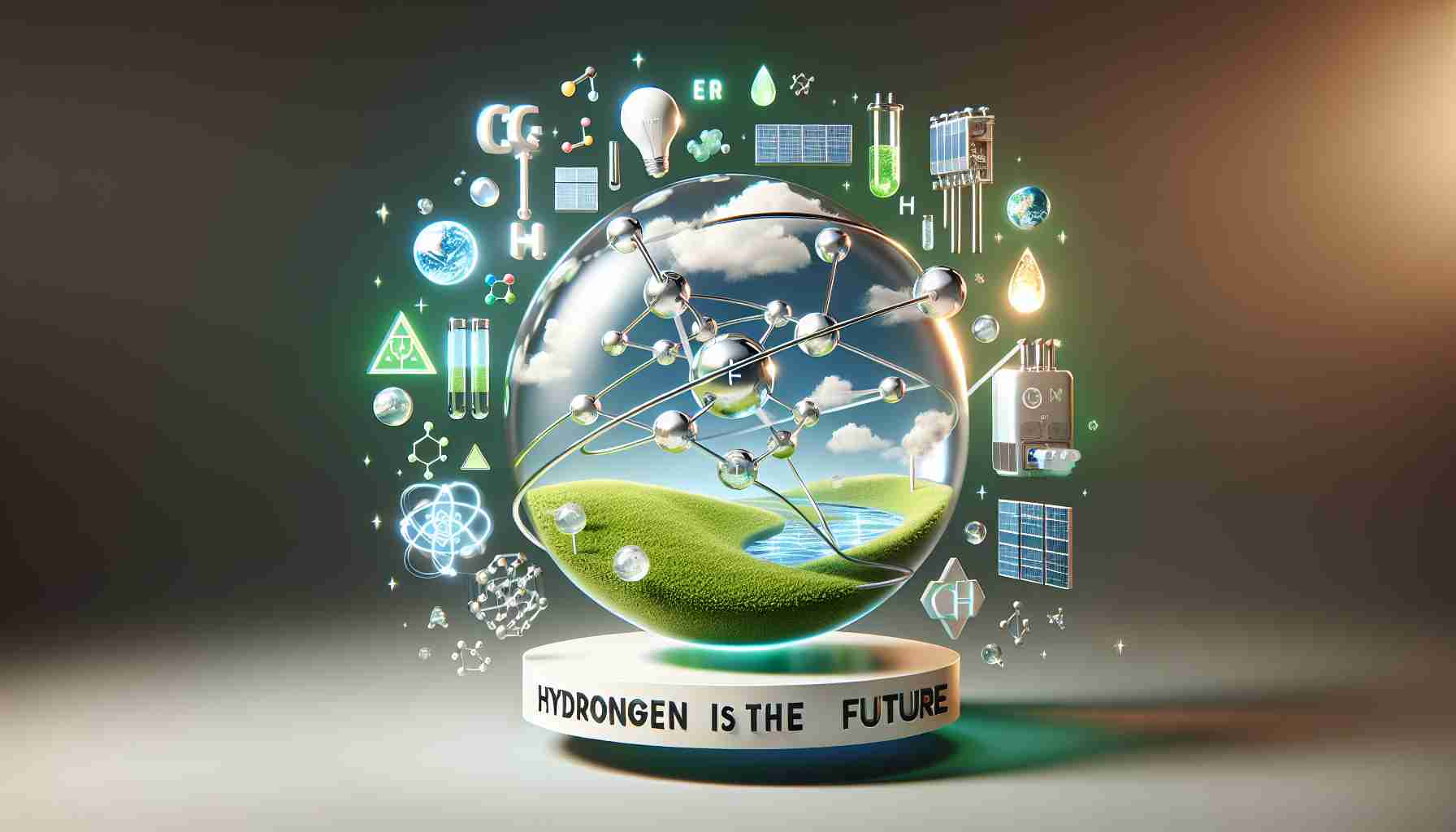The Rise of Hydrogen in the Global Energy Landscape
The hydrogen market is witnessing remarkable growth as it becomes pivotal in the global shift towards sustainable energy solutions. In 2023, the market for hydrogen reached an impressive 98.42 million tons, driven by an increasing demand for eco-friendly alternatives across diverse industries. Experts forecast that this sector will continue to expand at a 3.6% annual growth rate until 2032, potentially hitting 135.31 million tons.
A significant factor propelling this growth is the global commitment to reduce greenhouse gas emissions. As nations strive for carbon neutrality, hydrogen is proving essential in hard-to-electrify sectors such as heavy industry, shipping, and aviation. Investment in hydrogen production technologies, notably green hydrogen sourced from renewable energy, is crucial in diminishing environmental impacts associated with traditional fossil fuel methods.
Hydrogen’s versatility extends across numerous industrial applications, particularly in the chemical sector where it serves as a fundamental building block for producing fertilizers and synthetic fuels. Enhanced efforts are also underway to develop fuel cell vehicles, offering a cleaner, hydrogen-powered alternative to conventional automobiles.
State support and collaborative investments are vital to establishing the infrastructure necessary for hydrogen adoption, including refueling stations and supply chains. These concerted efforts ensure that despite existing challenges, such as the high costs related to green hydrogen production, the market is on a trajectory towards extensive growth armed with innovation and supportive policies.
The future of energy is being redefined, and hydrogen is at the forefront of this evolving landscape.
Hydrogen: The Key to a Sustainable Energy Future
The Growing Hydrogen Market
The hydrogen market is experiencing unprecedented growth as it emerges as a critical component in the global transition to sustainable energy solutions. Recent data indicates that the hydrogen market reached a transformative 98.42 million tons in 2023, driven by an escalating demand for eco-friendly substitutes across various industries. Analysts predict that this growth will continue, with an anticipated annual growth rate of 3.6% until 2032, potentially reaching 135.31 million tons.
Why Hydrogen?
One of the primary drivers of this growth is the global movement towards reducing greenhouse gas emissions. Countries around the world are committing to carbon neutrality, and hydrogen is proving to be essential for decarbonizing hard-to-abate sectors such as heavy industry, shipping, and aviation. Innovations in hydrogen production technologies, particularly green hydrogen generated from renewable energy sources, are vital for mitigating environmental impacts linked to traditional fossil fuels.
Versatility Across Industries
Hydrogen’s applicability is broad, with a significant role in the chemical sector where it is a crucial building block for producing fertilizers and synthetic fuels. Beyond industrial uses, enhanced efforts to develop fuel cell vehicles position hydrogen as a cleaner alternative to conventional automobiles, catering to the increasing consumer demand for sustainable transport options.
Infrastructure Development
State support and collaborative investments are imperative for establishing the necessary infrastructure for hydrogen adoption. Key elements include the development of refueling stations and comprehensive supply chains, which are critical for overcoming existing barriers to entry. Despite challenges like the high costs associated with green hydrogen production, ongoing investments and supportive policies are set to create a robust hydrogen market.
Pros and Cons of Hydrogen Energy
Pros:
– Zero Emissions: When used in fuel cells, hydrogen produces only water vapor.
– Energy Density: Hydrogen has a high energy density, making it an efficient energy carrier.
– Versatility: Can be utilized in multiple sectors, from transportation to industry.
– Storage Potential: Can store excess renewable energy, addressing intermittency issues.
Cons:
– Production Costs: Producing green hydrogen is currently expensive compared to fossil fuels.
– Infrastructure Needs: Significant investment is required to establish refueling networks and distribution infrastructure.
– Energy Intensity: Hydrogen production, particularly through electrolysis, can be energy-intensive.
Insights into Market Trends
The commitment towards hydrogen adoption is now reflected in various nations’ energy policies. Countries are implementing strategic plans to boost hydrogen production and utilization. For instance, the EU has set ambitious hydrogen strategies aimed at increasing production to 10 million tons of green hydrogen by 2030, while other regions are following suit with similar targets.
Predictions for Hydrogen’s Role
Looking forward, hydrogen is predicted to play a central role in decarbonizing the global economy. As technology advances and production methods become more cost-effective, hydrogen’s integration into the mainstream energy mix is expected to accelerate. Furthermore, the push for sustainability will likely spur innovations that further enhance the efficiency and capabilities of hydrogen as an energy solution.
Conclusion
As the energy landscape continues to evolve, hydrogen stands at the forefront of a sustainable future. Its versatility, combined with global initiatives aimed at reducing emissions, positions hydrogen as a vital energy source for years to come. The concerted efforts across industries and governments will be pivotal in realizing the full potential of hydrogen to transform our energy systems for a cleaner, greener world.
For more information on the future of energy and hydrogen’s role in it, visit Hydrogen Now.













